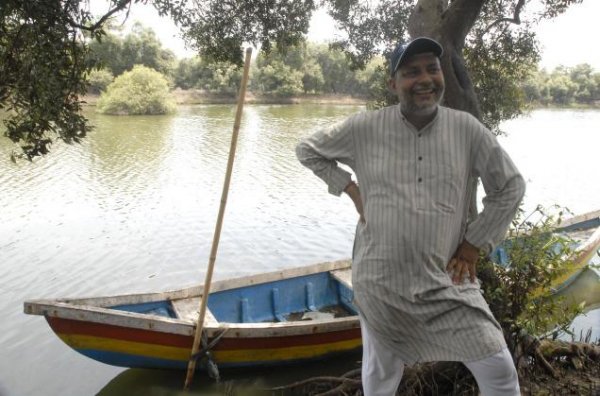prasad1
Active member
Rajendra Singh, environmental activist based in Rajasthan, has been conferred the prestigious Stockholm Water Prize this year for his innovative water restoration efforts and courage to empower communities in Indian villages.
Mr. Singh, popularly known as “Water Man”, was named for the global award instituted by the Stockholm International Water Institute in 1991 for his work towards improving water security in rural India and for showing extraordinary courage and determination in his quest to improve the living conditions of those most in need, a statement said.
Mr. Singh, born in 1959, has dedicated himself to defeating drought and empowering communities for several decades. He won the Ramon Magsaysay Award in 2001 for his work on community-based water harvesting and water management. In its citation, the Stockholm Water Prize Committee said: “He has literally brought villages back to life. We need to take Mr. Singh’s lessons and actions to heart if we are to achieve sustainable water use in our lifetime.”
On receiving the news about the prize, Mr. Singh said “this is very encouraging, energising and inspiring news.”
“When we started our work, we were only looking at the drinking water crisis and how to solve that. Today our aim is higher. This is the 21st century. This is the century of exploitation, pollution and encroachment. To stop all this, to convert the war on water into peace, that is my life’s goal,” he said.
Rajendra Singh wins Stockholm Water Prize - The Hindu

